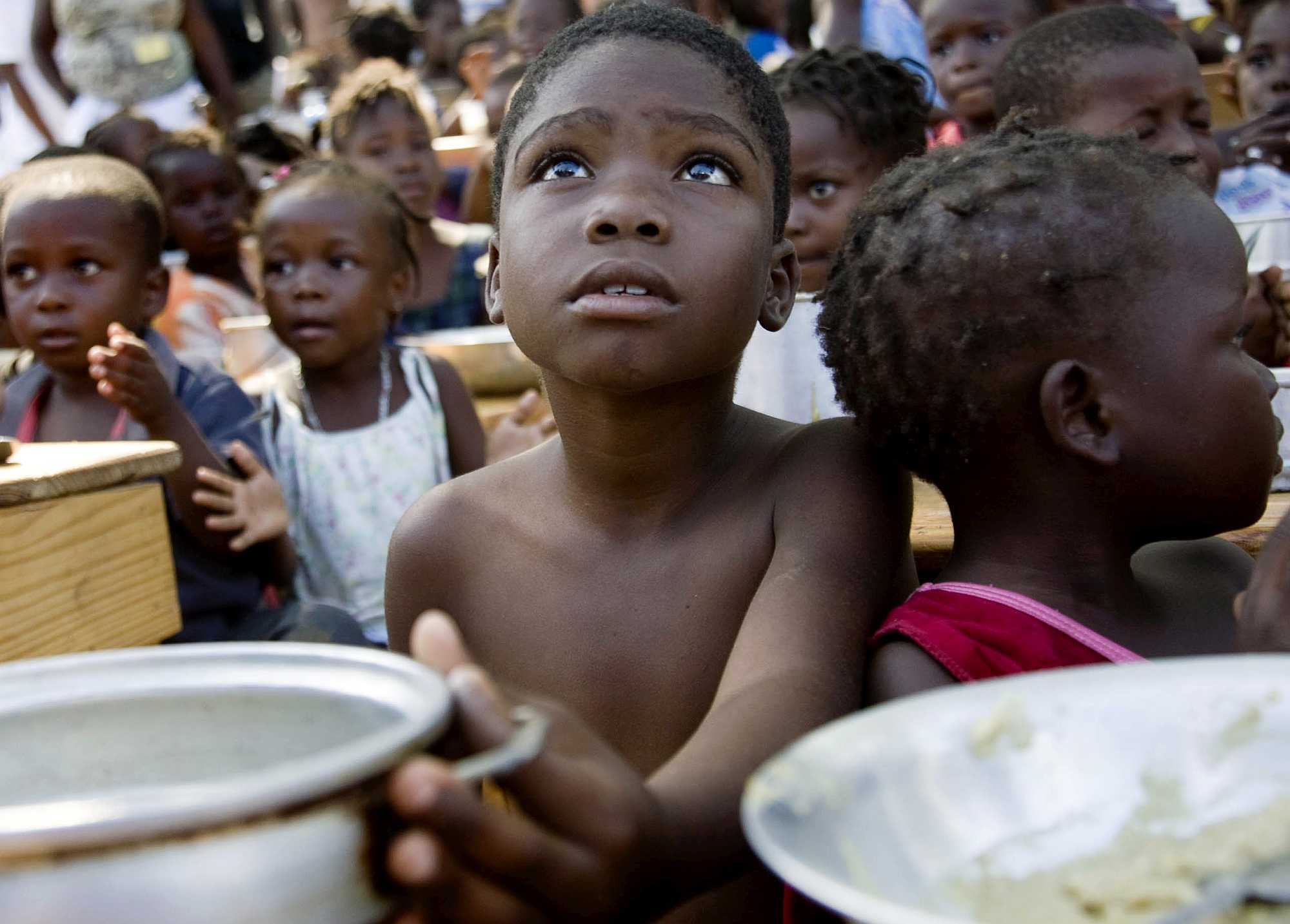Suffering, starvation, mass displacement: Is the fight against extreme poverty, illness and war hopeless? It can seem that way, but a glance at statistics quickly shows that fighting for a better world is well worth the effort.
“Living conditions are constantly improving,” said Max Roser, a researcher at Oxford University. “And poverty has declined massively.” Originally from the small southwestern German town of Kirchheimbolanden, Roser is one of a growing number of economists, politicians and publishers who want to deliver good news to counter the more negative reports.
Our World in Data, the website that Roser founded in 2011, presents interactive charts that show the successes of social projects by aid organizations, the United Nations and regional governments to reduce poverty and hunger.
Food per Capita
Roser’s initial inspiration came during a research stay at the Instituto de Estudos de Trabalho e Sociedade in Brazil. There, he saw firsthand the positive impact of social programs initiated by the government that had managed to make conditions more sustainable for 20 million people.
According to numbers published in 2015 by the UN’s Food and Agriculture Organization, since 1990 the number of people suffering from hunger around the world has been reduced by about 216 million.
In Southeast Asia, the number of undernourished people who do not have enough to eat has dropped from 30.6 percent of the population to just under 10 percent.
The number dropped from 24 percent to 9.6 percent in West Africa, and in Latin America it went from 14 percent to less than 5 percent.
“The work done over the last several decades is paying off,” Guido Mingels wrote in a recent column for the German weekly magazine Der Spiegel. “Although there are ever more people on the planet, there is also more food per capita.”
Room for Improvement
According to the UN’s World Food Program, about 795 million people still suffer from undernourishment. In Africa, more than 150 million people have no access to education; in Asia, the number is 472 million. And malaria is far from having been vanquished: In 2015, almost 400,000 people died of the disease across Africa.
That is exactly the kind of suffering that aid organizations seek to keep in the public focus. Welthungerhilfe, a German NGO that produces the annual Global Hunger Index, reports that – despite the fact that the number of cases of hunger in poor countries has dropped by 29 percent since the year 2000 – much work remains if world leaders are serious about stamping out undernourishment by the stated goal of 2030.
“I consider it an ethical and political scandal that to this day the international community has failed to rise to the task and end the world’s worst suffering,” the German philosopher Julian Nida-Rümelin wrote in a guest commentary for the online portal Heute. The resources, he wrote, are at hand.
In his Spiegel column, Mingels sought to get readers engaged. “Those who simply stare at that number – ‘795 million people starving’ – certainly can, indeed must, be stricken with doubt,” he wrote.
The fact that fewer people are suffering from hunger today than were 20 years ago does not mean the problem has gotten any less urgent: “It just means that things are getting a lot better.”
DW














